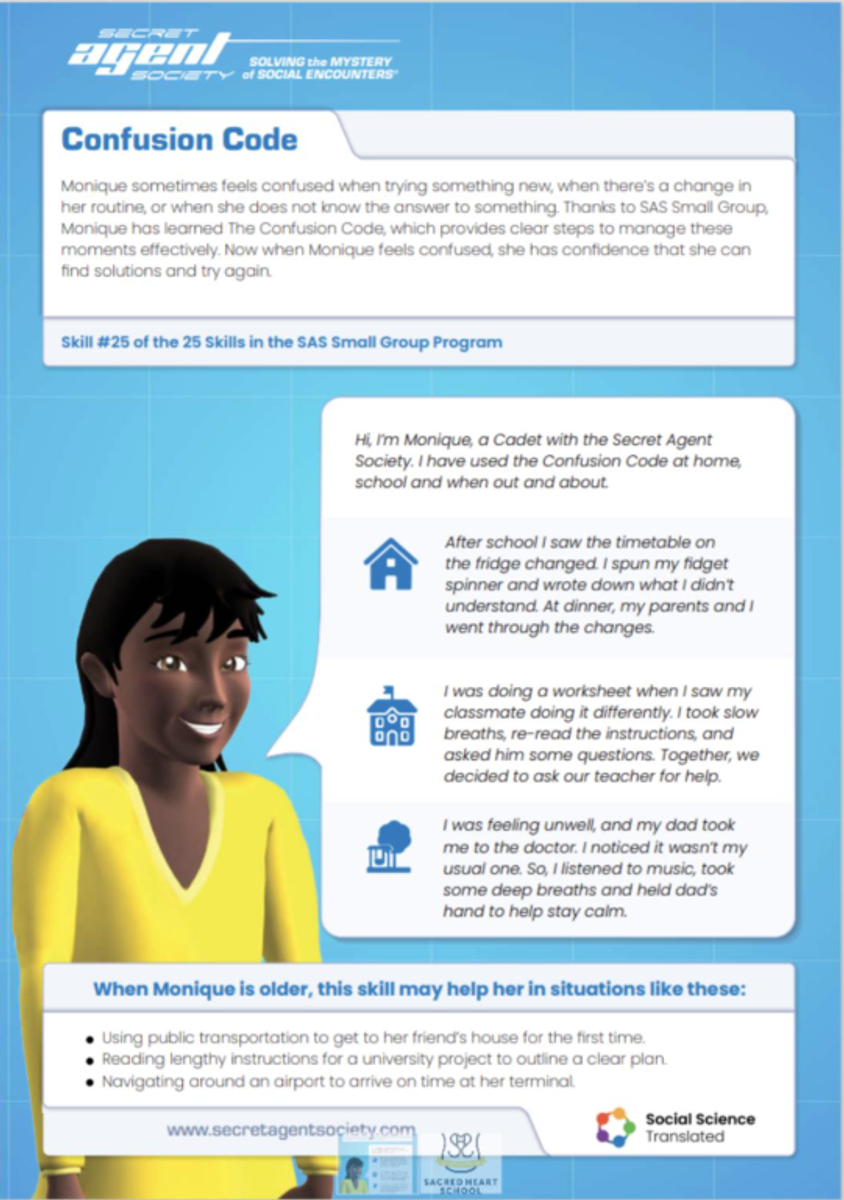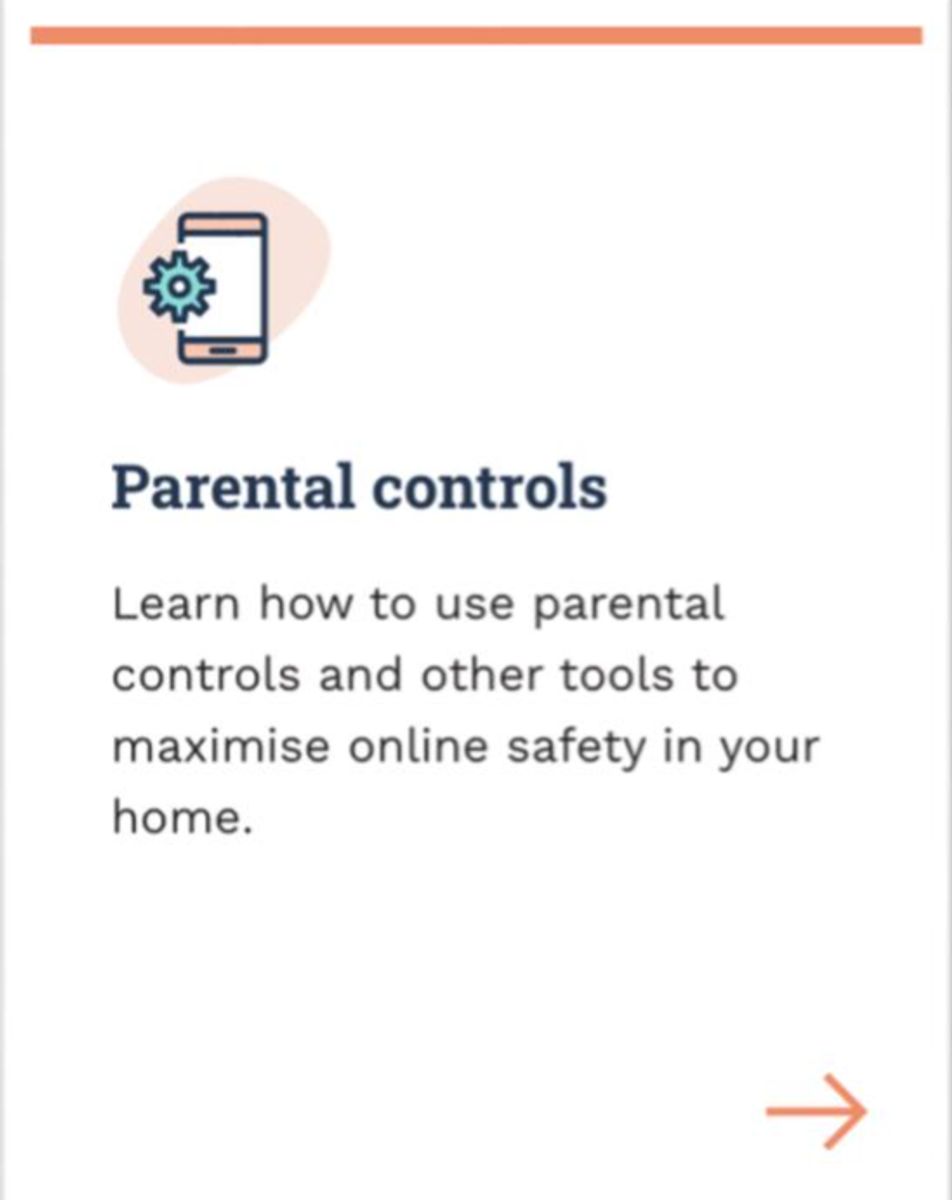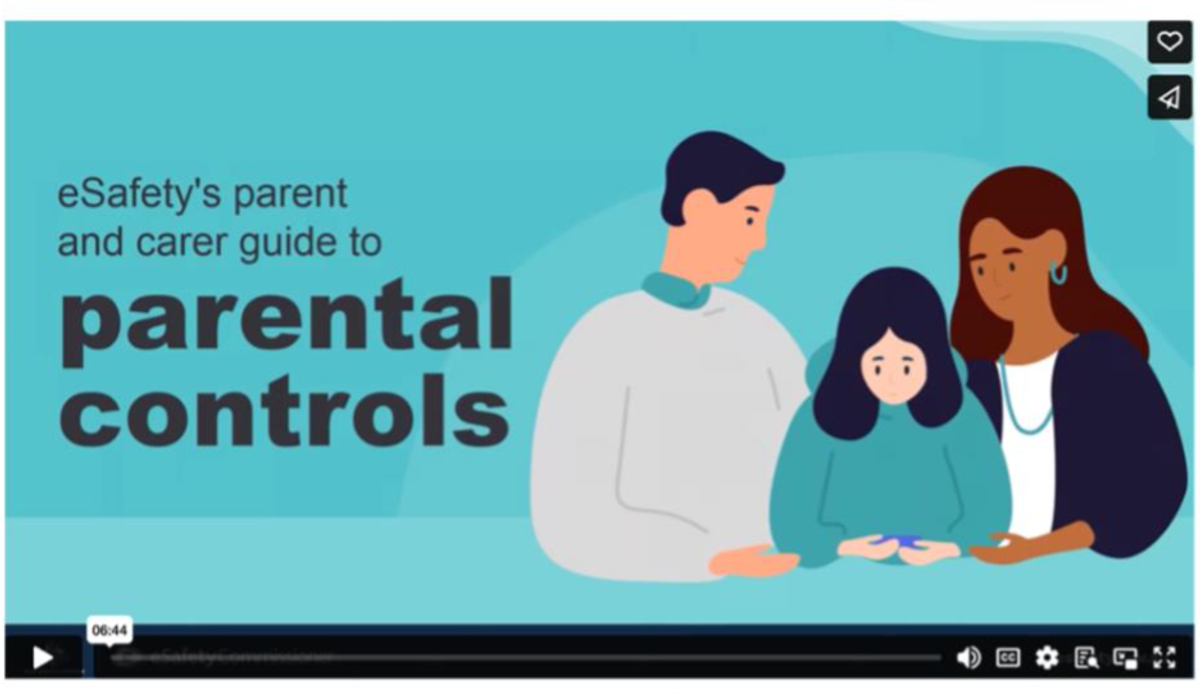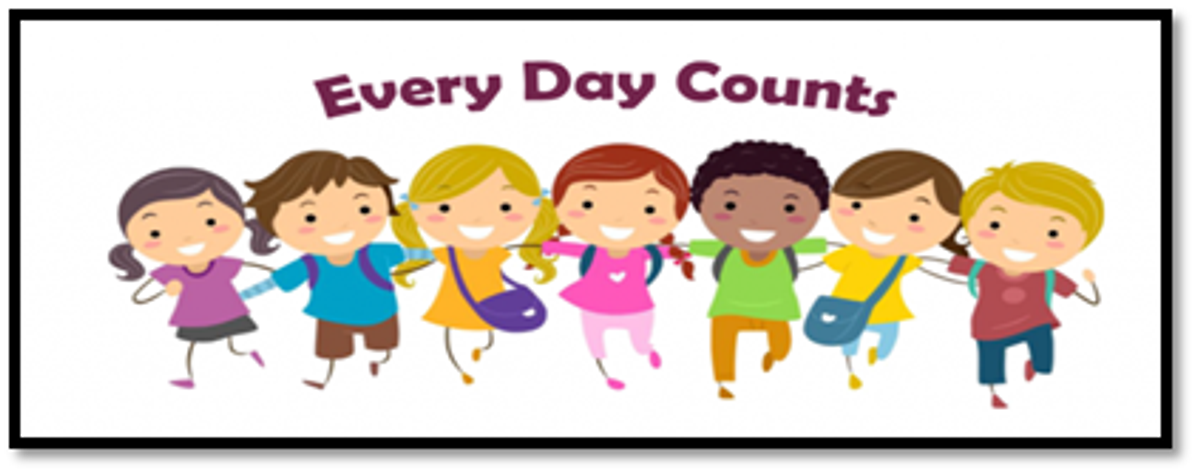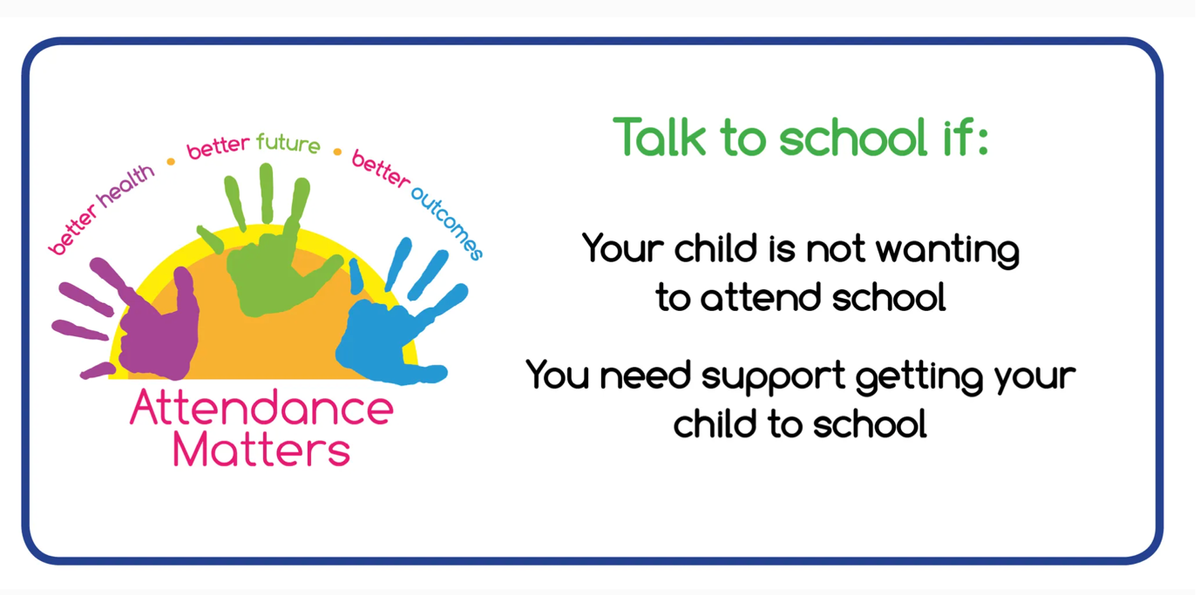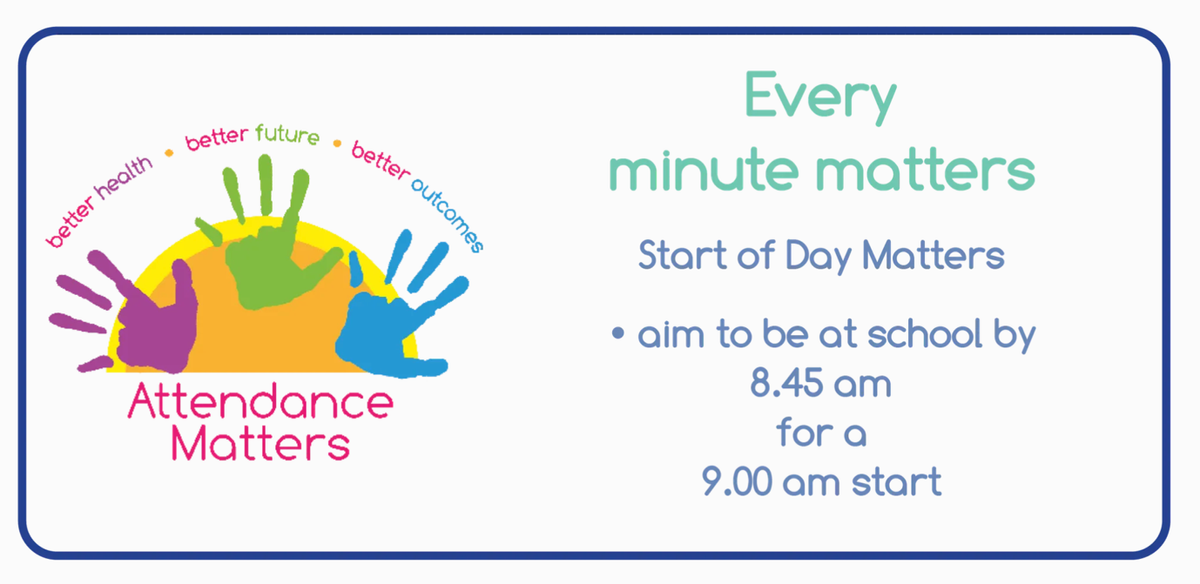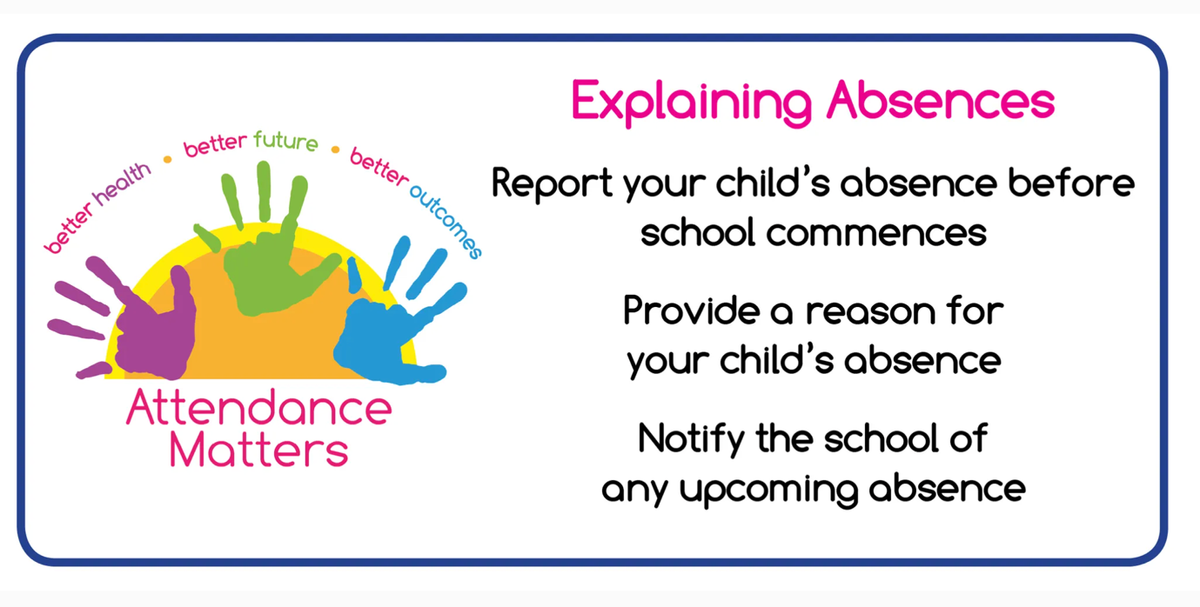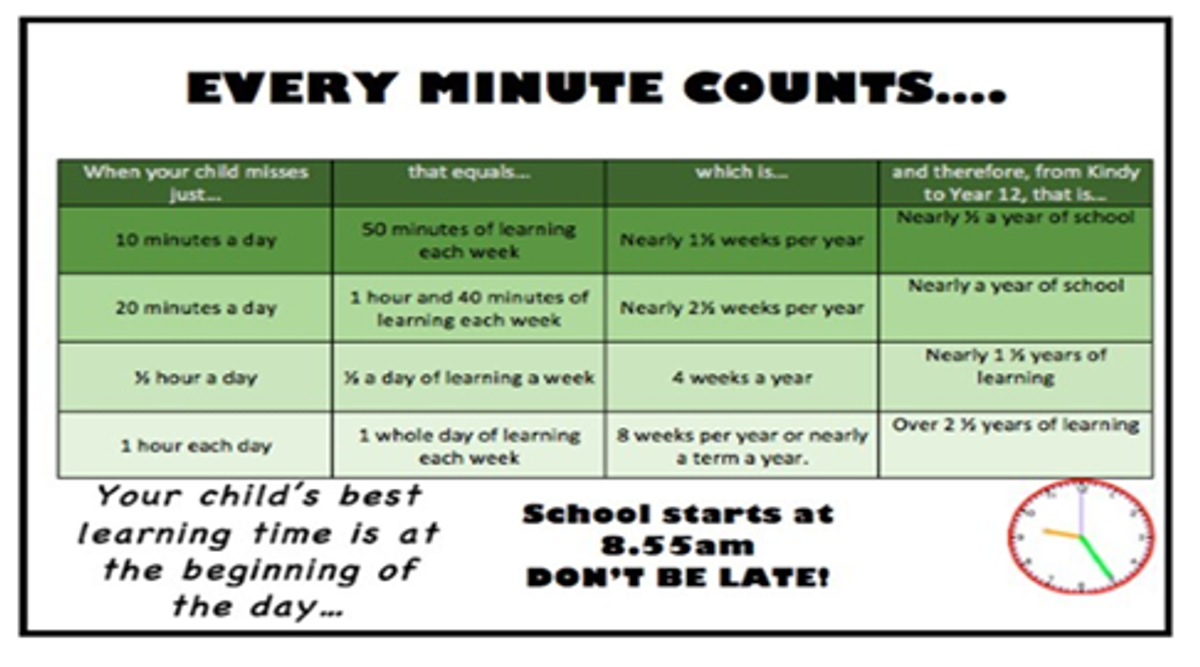Thrive & Flourish

Wellbeing Newsletter:
Welcome to the first newsletter for Term 4. It has been a busy start to the term already.
For those currently unwell, we hope for a speedy recovery for you. For those who’ve welcomed a new addition to the family, we extend our warmest congratulations on this happy occasion.
For those families who’ve experienced a recent bereavement, please know you are in the prayers and thoughts of all in our community.
Prepare your child for life's social and emotional challenges in a fun and effective way!
The Secret Agent Society is regarded as a world-leading approach to structured learning for children with social and emotional goals.
There are two SAS options available for your child. It is recommended that parents speak with their child's educator/school to discuss the best SAS option for your family's needs.
The Secret Agent Society captures children's attention with spy-themed gamified learning, improving four key life skills:
Emotion Recognition in self and other.
Emotion Regulation particularly anxiety and anger.
Social Problem Solving - alone and as a group.
Social Skills for friendship and teamwork!
There are many skills and codes associated with the SAS program – one of these is the ‘Confusion Code’. What does your child do when they feel confused? What do we do as adults? Read on and find out how we can help ourselves and our children to work through this state of confusion……
Online Safety:
Navigating the digital world, and supporting children to stay safe whilst using technology, is an ever-changing and challenging space for parents. Often, we have many questions, and it can be difficult to get answers or support to help with this.
The eSafety Commissioner Website Australia is an excellent resource for keeping you and your family safe online. It helps Australians have safer and more positive experiences online.
As part of this website, there is a tab specifically for parents to provide information and support around online safety.
There is a section devoted to helping parents set up ‘parental controls’, to support your family's online safety when using devices that connect to the internet, such as phones, laptops, tablets, gaming consoles and smart TVs.
Parental controls are software tools that allow you to monitor and limit what your child sees and does online.
They can be set up to do things like:
· Block your child from accessing specific websites, apps or functions (like using a device’s camera, or the ability to buy things)
· Filter different kinds of content — such as ‘adult’. content, social media pages and pages with content that may promote self-harm, violence, or racism.
· Limit who can communicate with your child as well as manage the apps they can use to communicate with others.
· Allow you to monitor your child’s use of connected devices, with reports on the sites they visit and the apps they use, how often and for how long.
· Set time limits, blocking access after a specific length of time.
If a device or program is shared by multiple members of your family, you should be able change the settings to reflect each user’s age, maturity and skills.
There is also a short video explaining how parent controls can support families and their use of devices.
Remember:
No parental control tool is 100% effective. Helping your child build good online safety habits is just as important.
Ref: eSafety Commissioner Australia Website.
Student Attendance:
At Sacred Heart, most students come to school regularly and as a result are learning new skills socially, academically and emotionally. This is an expectation and a right that we would like to see enacted for every student.
We know that coming to school on time every day is a necessary condition for learning to occur. Students who attend school every day benefit from all of the support and teacher assistance that is available, and are much more likely to go ahead in their learning.
Being ready to begin the day's learning with the rest of the class is also very important and we ask for your support in ensuring that students are in their classes by the beginning of day bell. Being prepared for the day, and starting with peers, encourages a great day of learning and helps with organisational details of the day.
Parents/guardians are responsible for making sure that all children attend school every day unless they are too unwell, in which case the school must be advised.
We welcome any emails or calls if families wish to seek support and can be contacted via email at any time or a phone call to school.
Email:
Tony McDonald: tmcdonald@shtatura.catholic.edu.au
Felicity Bryant: fbryant@shtatura.catholic.edu.au
Deb Turvey: dturvey@shtatura.catholic.edu.au
If ever you need help sorting out personal or family issues, give CatholicCare Victoria a call. They offer many services to all members of our community – ALL FREE.
Tony, Felicity and Deb.



